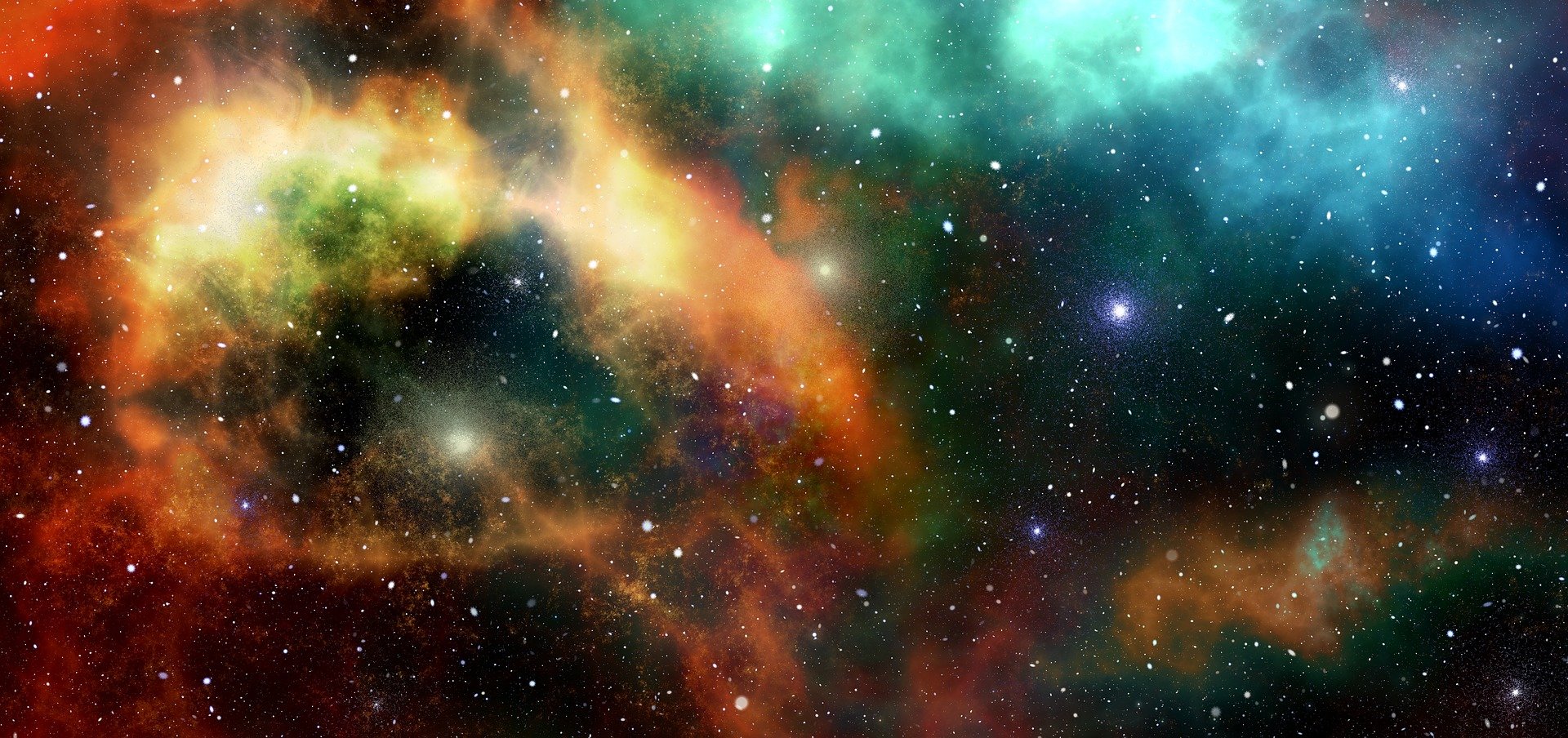- cross-posted to:
- science@lemmy.world
- cross-posted to:
- science@lemmy.world
New research puts age of universe at 26.7 billion years, nearly twice as old as previously believed::Our universe could be twice as old as current estimates, according to a new study that challenges the dominant cosmological model and sheds new light on the so-called “impossible early galaxy problem.”



No, not really, because the age of that star is compatible with the age of the universe within the error bars.
Galaxy formation is still an active area of research und different models predict different evolutionary rates
That’s exactly what Brans-Dicke theory is trying to do, and other modified theories of gravitation as well. Yet they can’t explain stuff so well as Lambda CDM can.
Overall, tired light pretty much doesn’t work well explaining the perfect black body behavior of the cosmic microwave background or surface brightnesses of galaxies.
https://en.m.wikipedia.org/wiki/Tired_light
Yeah, I’m not convinced, either. It seems like every couple of years, someone puts out an announcement that Lambda CDM is dead, other scientists take a look, and a much quieter announcement correcting their work gets put out.
Yes, this is a bit frustrating. Part of the scientific method is to propose new hypothesis, and that’s what the original author did, so no issue with that. But then there is a chain of increasingly pop-sci media that hype some of these hypotheses as they were already confirmed and accepted by the mainstream scientific community, which is not the case. For example, the title of the article, “New research puts age of universe”, that is pure clickbait, the correct tense is, being very generous, “could put”.
And when this happens in a field like cosmology, it’s relatively harmless. But the same happens in fields that have a more direct impact in the general public’s life, like the usual “a couple of years ago they said eggs were unhealthy, and now they say we should eat 5 per day”. And the effect is that people stop trusting the recommendations of the experts.